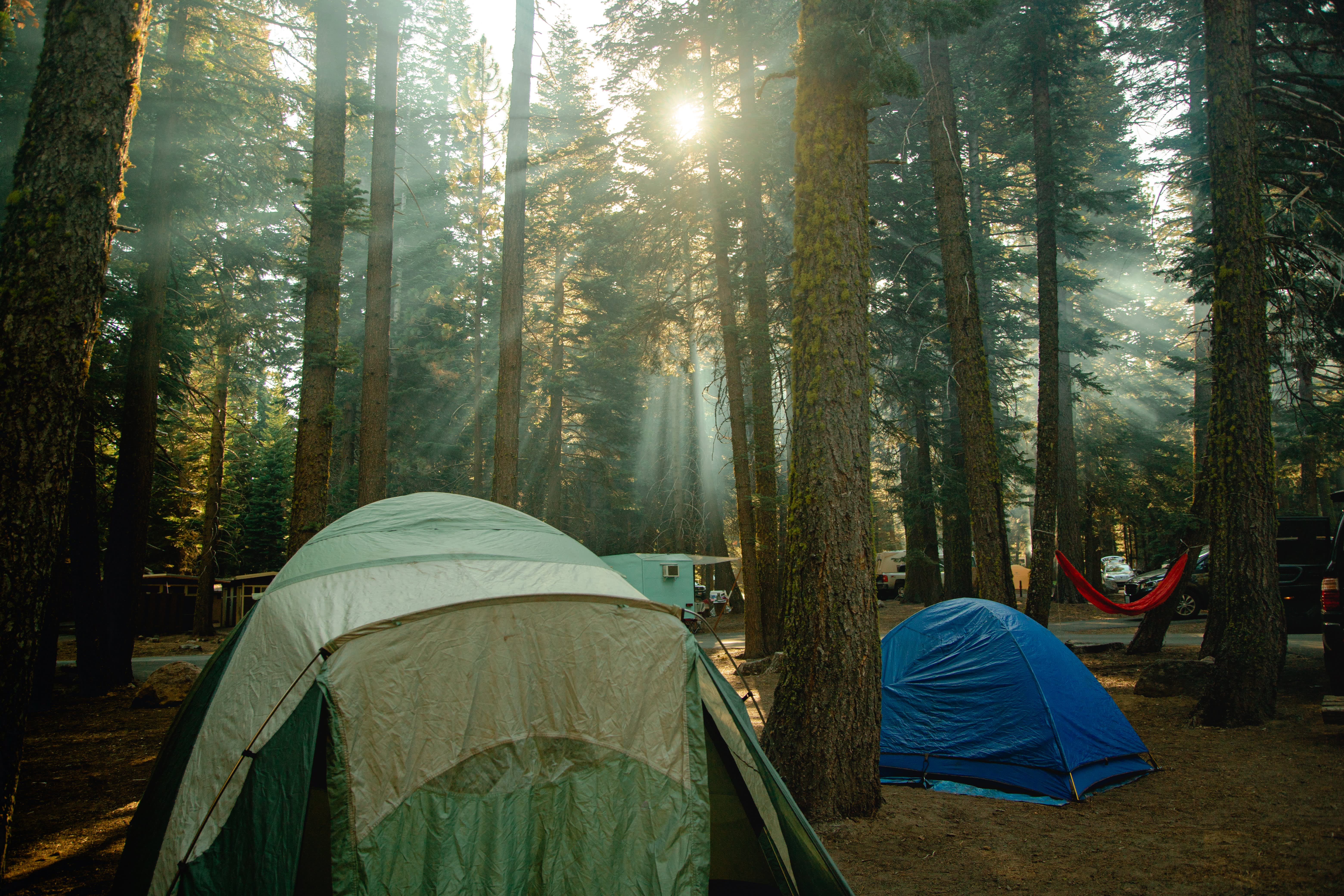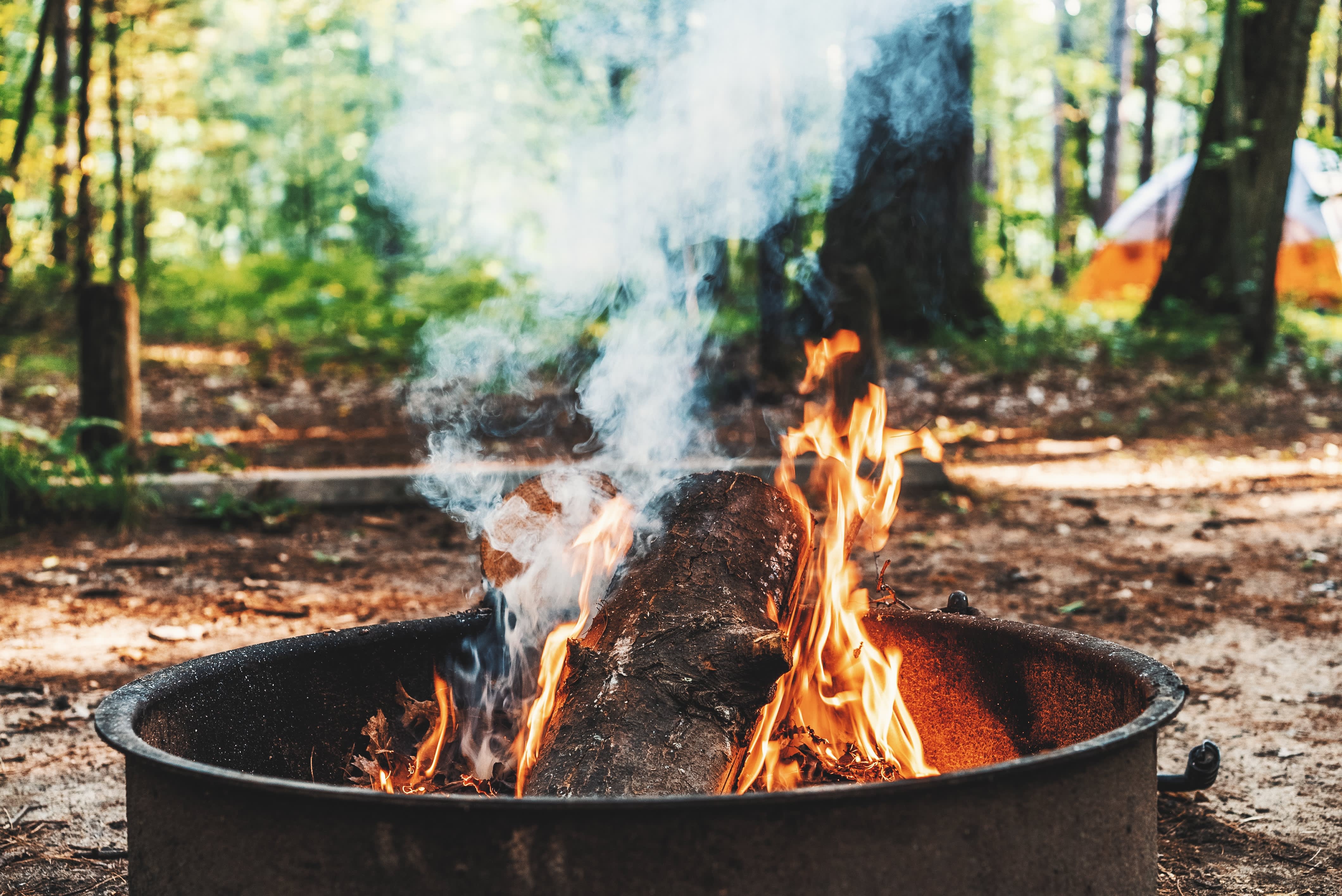
How to Set up and Start your own Camping business
The British holiday industry is set to have a cracking few years. In the wake of the pandemic, many more people are choosing to stay in the UK for their holidays, and out of these enthusiastic staycationers, lots are selecting camping as the holiday of choice. It's good value for money, outdoor living (so pretty covid-safe), and offers freedom and adventure that other holidays just don't offer. So, with lots of extra campers frantically searching for their dream pitch, campsite owners are finding that their sites are booking up and selling out fast; the demand for campsites is overtaking the supply. Which is a lovely position to be in, both for the UK tourism industry and all those campsite owners who make it their life's work to give you the best holiday possible. So, can you get in on the action? Well, the short answer is yes you can. In the States, it would be an even shorter answer, where you can rent out your patch of grass or woodland glade with nothing more than an "Open for Camping" sign and a friendly welcome. It's a bit more complicated over here - the Brits have put in some red tape you need to get through before you fling open your shepherd's hut doors - but it is possible, you just need some forward planning. Here are some things for you to mull over while you are planning your new venture:
Location, Location, Location

Location, Location, Location - Featured accommodation
Phil and Kirsty have a good point. The location of your campsite will have a huge impact on how successful it is, so think hard about what land you have and how it will work before you start the application process. You need to rely on attractions and landmarks you have in the local area (or the lack of things around, campers like wilderness too), and people will travel a long way to visit what you have to offer.
Depending on the type of campsite you want to set up, you need to consider different things. A small, tents-only campsite will need to be on flat, level ground with good drainage, so campers don't end up in a bog on a rainy day. It needs to be relatively sheltered from the wind - people are sleeping under flapping canvas after all. You also need to provide toilet facilities and a car park within walking distance so that the campers don't have to walk too far with their stuff - if you don't want cars by the tents on your campsite.
If you decide to cater for larger motorhomes and caravans, then you don't necessarily need to have onsite facilities like toilets or electric hook-ups, the camper brings all their own. Although a chemical disposal point is always very welcome, it is not essential. If you do accept large vehicles to your campsite, there needs to be plenty of room to manoeuvre, and no low hanging trees and narrow roads, as it makes life tricky for those driving Meet the Fockers-sized motorhomes. Many larger vehicles need hard spaces to park up on, so this needs to be considered too.
The Legal Practicalities

The Legal Practicalities - Featured accommodation
Once you have decided you have the right set up for a camping ground, it is important to get the correct licensing from your local authority, and before you can get your license you need to apply for planning permission, acknowledging that the land is changing purpose. It can be straightforward or slightly complex depending on the land, so getting some help from a surveyor or solicitor might speed things up at the planning department of your local council. Have a look at the government guidelines here for England and Wales: https://www.gov.uk/camping-licence-wales
If you want caravans as well as tents, a special license may be needed for this. Councils recognise the contribution that tourism makes to local economies and that a boom in staycations is on the cards in the UK, so will hopefully be helpful (!) but they may put restrictions on how the site is laid out, number of toilets and facilities and a cap on the number of tents /caravans allowed. When you contact the council, send all the extra information you can (land size, boundaries, ideal layout) to help the process run smoothly. Also, make sure that you have the correct insurances needed to run a safe campsite.
Scotland has a slightly different set of guidelines but you still need to contact your local authority to check what you are allowed to do. The rules over wild camping are also different; it is permitted in Scotland, whereas in England and Wales, it is not generally allowed.
"Pop-up" campsites"
If you want to set up a temporary or "pop-up campsite," then in England, tent campsites may operate for up to 28 days - the "28 Day Rule" - in a calendar year (this was extended during the pandemic to 56 days but has this extension is now expired). This "28 day rule" allows a landowner to use their land for tented camping without having to get formal planning permission. The constraints for this are as follows: • The land cannot be used for more than 28 days in any calendar year • The 28 days do not have to be consecutive • For your records, make note of the dates when the land is being used • Any day when a temporary structure (e.g. portable toilet) remains on site counts as one of the permitted 28 days • The land must not be part of any land associated with an existing building, including house gardens, car parks, agricultural buildings and listed buildings • Land combined within existing caravan sites cannot be used as a 28 day site
On a "28 day" pop-up campsite you are permitted to allow tents, trailer tents and glamping structures without solid bases as well as movable structures on wheels which are used by the site, such as portable toilets. A site with land over 5 acres is allowed up to three caravans at one time, and land under 5 acres is only allowed one caravan to be pitched at a time. In either case, the maximum stay for the caravan is two nights.
"Certificated" campsites
There are several thousand campsites in the UK which have certification status, and it is a simple way for landowners to operate a small campsite legally and without the need for planning permission or a campsite licence. A good example of this is the Greener Camping Club, the UK's leading environmentally friendly camping organisation who have over 140 certificated campsites to date 9and growing), with a gorgeous array of eco friendly sites to choose from. For a very small annual fee (some of which is ploughed back into planting new trees and funding environmental projects), landowners can join the Greener Camping Club and operate their campsite lawfully without the need for paperwork. The Greener Camping Club - and of course other certificated clubs sites - hold exemption certificates which state the following: "members of recreational organisations which hold a camping exemption certificate issued under section 269 (6) of the 1936 act can camp on land without a site license and without the need to apply for planning permission."
Something a bit Different

Something a bit Different - Featured accommodation
In the exciting scenario that all runs to plan and you are on the verge of opening your doors to campers, make your campsite even more appealing by offering extras, such as recycling/bin areas, a drinking water tap, seating areas, camp kitchens and washing up sinks. To earn a bit of extra cash why not hire out fire-pits, offer BBQ meat packs, camping supplies, or provide onsite activities. If you are near a river or the sea then hire out a few canoes or surfboards; if you are close to good biking trails then rent out bicycles. Little things to make your campers holiday better and make them want to come back to your campsite!
If you want to do something really different, think about getting truly original with your lodgings. If you have mastered the art of hosting people bringing their own tents, then maybe offer some quirky glamping options. More and more people now want an outdoor adventure but don't want to rough it too much. And we all love something a bit different. So how about building a treehouse or a Mongolian yurt, hanging a tree tent or even renovating an old bus for people to sleep in? Forward-thinking campsite owners have converted fire engines, land rovers, even helicopters. There are no limits!
A whole new way of life awaits you......
Experiences:
Related Experiences
Camping and Glamping Experiences
Find exciting camping and glamping activities and experiences. Perfect for adventure seekers and families.

